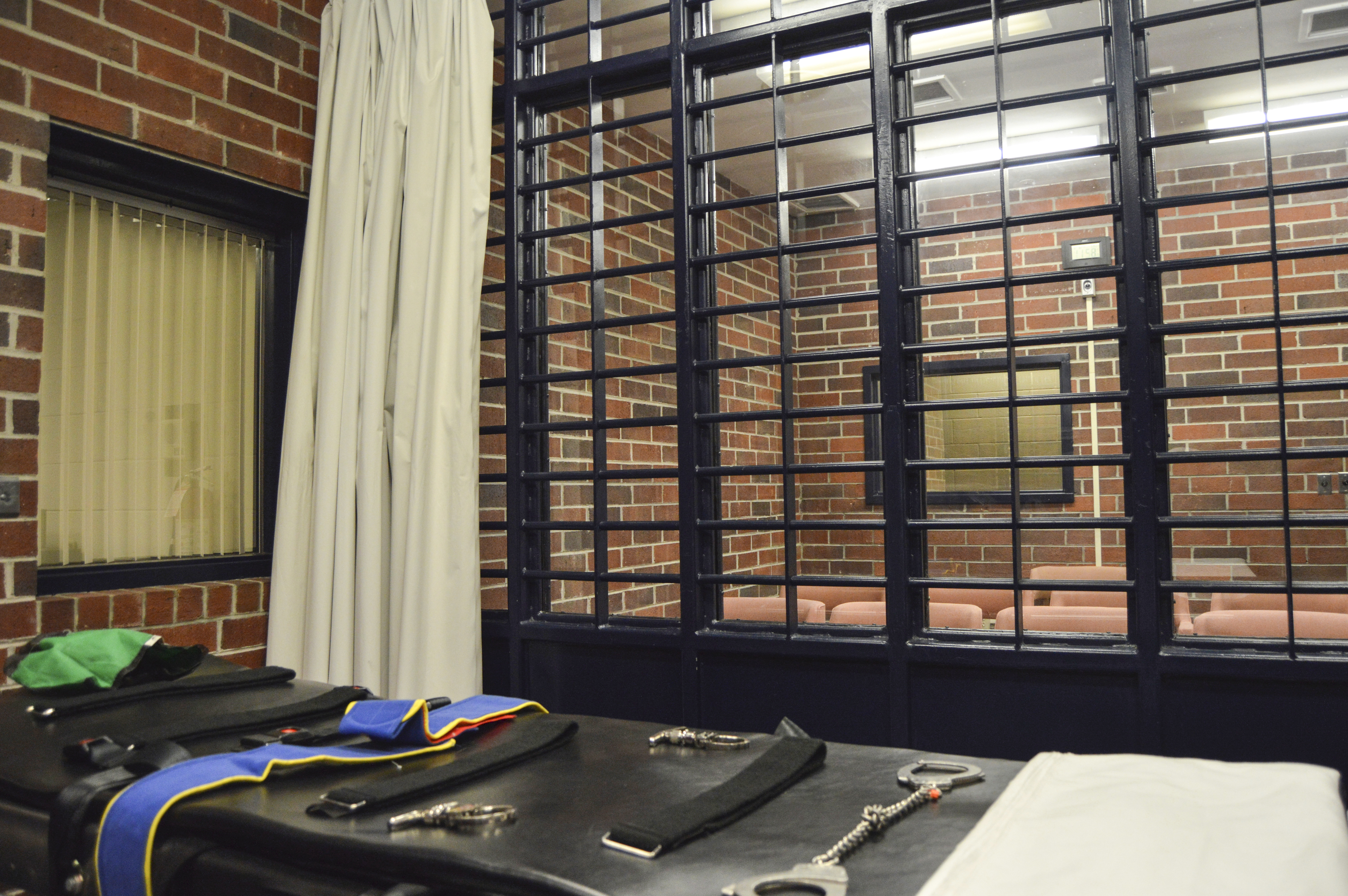The fallout from the George Washington Bridge lane-closing scandal continued to unfold in a federal courtroom Wednesday, weeks after two former aides to Republican Gov. Chris Christie were sentenced.
Attorneys were in court in a long-running lawsuit stemming from the political retribution scheme that culminated in two convictions and a guilty plea and helped to derail Christie's presidential campaign and his hopes for a major role in the Trump administration.
The suit filed more than three years ago seeks damages for people and businesses who were inconvenienced by widespread gridlock in the town of Fort Lee over a four-day span in September 2013.
Former Christie staffer Bridget Kelly and former Port Authority of New York and New Jersey executive Bill Baroni were convicted of conspiracy, fraud and civil rights violations and sentenced in March.
Former Port Authority official David Wildstein, who pleaded guilty, testified the traffic jams were meant to punish Fort Lee's Democratic mayor, Mark Sokolich, for not endorsing Christie. Wildstein faces sentencing next month.
Christie isn't a defendant in the lawsuit, which names the Port Authority, the state of New Jersey and Christie's re-election campaign along with Baroni, Kelly and Wildstein. None of the three attended Wednesday's proceeding.
The suit is the first attempt to hold the state, which employed Kelly, and the Port Authority, which operates the bridge, accountable.
U.S. & World
Stories that affect your life across the U.S. and around the world.
While several counts against some of the defendants have been dismissed, a judge has allowed conspiracy and civil rights charges to proceed.
The state of New Jersey filed a motion last week to dismiss the remaining count against it, claiming it can't be held liable for crimes committed by its employees.
The Port Authority has claimed in court filings that even though Baroni and Wildstein "conspired with others to alter bridge operations and did temporarily alter those operations," they didn't have final policymaking powers at the authority as required to find the agency liable.
Barry Epstein, an attorney representing the plaintiffs, noted after the hearing that neither Wildstein, the Port Authority's director of interstate capital projects at the time, nor Baroni, the deputy executive director, were low-level employees.
Wildstein testified at Baroni's and Kelly's trial that he conceived a bogus traffic study and sold it to officials at the Port Authority as legitimate.
"This was connected to his job," Epstein said. "He gave the order, with the authority to give it."
A trial in the lawsuit likely won't happen until next year at the earliest.



